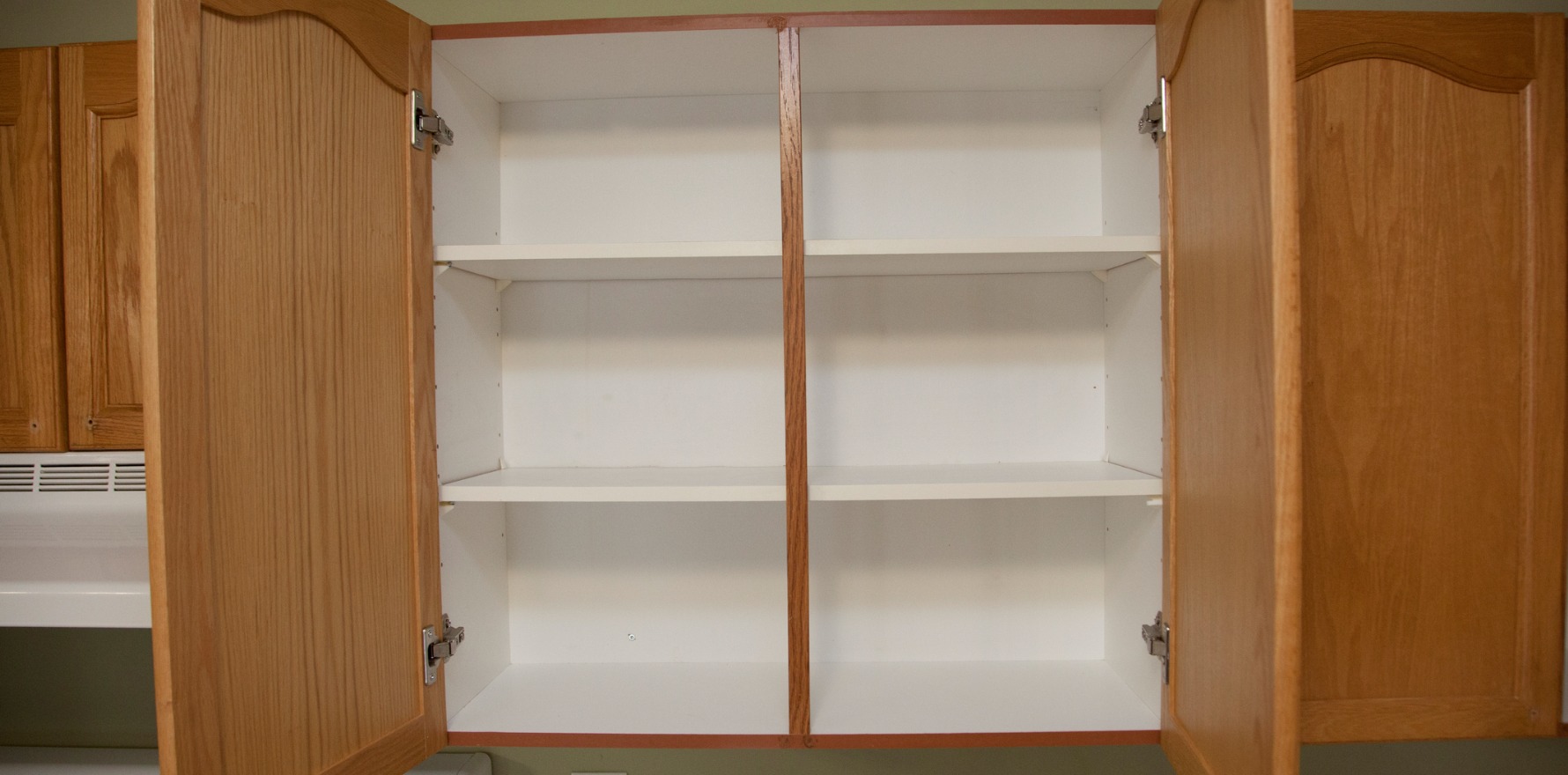Sponsors of the devices are being slapped with demands for more data on their safety and performance, but none have been recalled.
Spinal cord stimulator manufacturers are having to supply more evidence that their devices are safe or having their registrations cancelled, as the TGA continues its review into the device class.
Thirty models have been cancelled and 52 have had their inclusion on the Australian Register of Therapeutic Goods made conditional on supplying more data.
The devices, which are claimed to offer relief from chronic back pain, have not been recalled and can still be used.
Stock still on the shelf can be used “for the purpose it was supplied when the ARTG entry was still valid, if considered appropriate by the healthcare professional”.
Another 87 devices remain on the ARTG.
Earlier this month ABC journalist Adele Ferguson reported that the TGA’s cancellation of 12 devices and imposition of conditions on the supply of another 52 “follows” her April Four Corners investigation into the harm suffered by patients from the devices.
In fact the TGA began its post-market review in 2022.
The devices that have yet to meet their post-market information requirements are listed here with one of the following notes attached to their entry:
- Additional Conditions of Inclusion (COI) have been imposed on the ARTG entry. The COI requires the sponsor to provide additional information, such as additional studies, to the TGA at specified time points.
- The device has been cancelled from the ARTG. The sponsor provided insufficient information to demonstrate compliance with the Essential Principles.
The information that has or has not been supplied is:
- Number of devices supplied within Australia
- Indications and contraindications for use
- Advertising material
- Labelling information including the Instructions for Use (IFU), Patient Information Leaflets (PILs) and Patient implant Cards (PICs)
- All domestic and international incidents, adverse events, complaints, and any investigations undertaken, and corrective actions made as a result of these investigations
- Clinical data supporting the intended use of their device, and
- Evidence supporting the long-term safety of their device.
Clinicians are advised to select patients for SCS carefully, based on advice from the Australian Commission on Safety and Quality in Health Care on lower back pain and shared decision making principles.
In an update released earlier this month, the agency said it had launched the review of all spinal cord stimulators after receiving “a range of signals related to SCS devices, including increasing reports concerning the safety and performance of these devices”.
The TGA said healthcare professionals “should continue to report all adverse events associated with a SCS implant to the TGA when they occur”.
It told patients the medical advice was not to get the devices removed even if they have been cancelled, but that they should monitor their own health, get regular checkups and report any concerns to the TGA.
Cancelled devices could still be imported under the Special Access or Authorised Prescriber schemes, though the TGA noted they might no longer be covered by health insurers.
Private Healthcare Australia, the insurers’ association, responded to the story by saying doctors should be legally obliged to report adverse events from devices to the TGA.
It said its own data had found 41% of recipients required surgical reintervention within three years, compared to revision surgery rates for hip and knee replacements of 2.7% and 2.4%.





